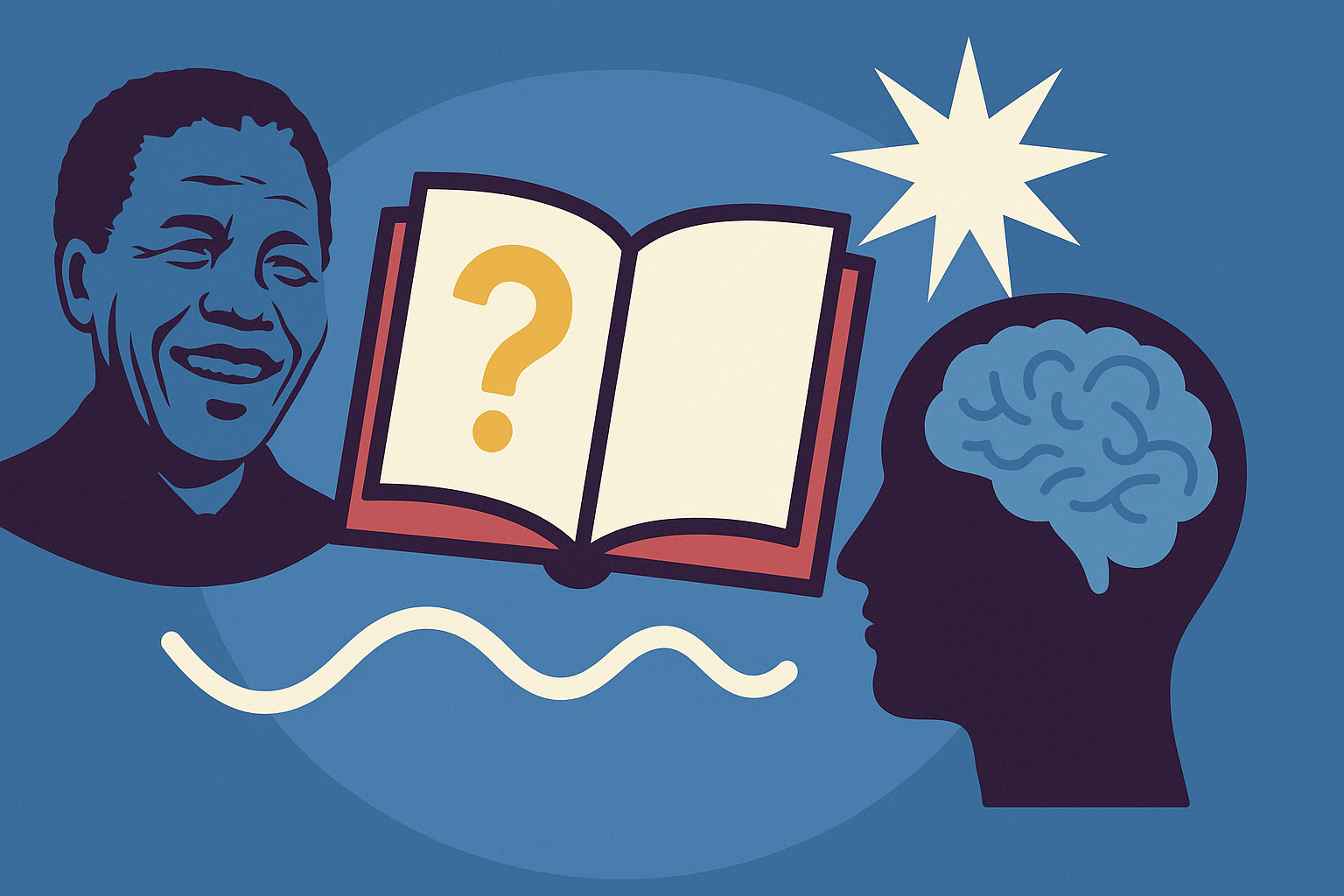What if one of your clearest memories turned out to be false? It may sound unsettling, but it’s real. The Mandela Effect is a psychological phenomenon that shows human memory is not a perfect video recorder, but rather a fragile and creative system that can invent details, change scenes, and convince us of something that never actually happened.
What is the Mandela Effect and why is it called that?
The name comes from a collective error: thousands of people around the world swore that Nelson Mandela died in prison in the 1980s. They even remembered televised funerals… when in reality, Mandela was released, became president of South Africa, and died in 2013.
This widely shared false memory became so famous that today we use “Mandela Effect” to describe all those collective memories that never really occurred.
Famous examples of the Mandela Effect
Some of the most popular ones include:
- Monopoly: do you remember the Monopoly man with a monocle? He never had one.
- Pikachu: millions picture him with a yellow tail tipped in black. In reality, Pikachu’s tail has always been completely yellow.
- Star Wars: almost everyone recalls the line “Luke, I am your father.” But Darth Vader actually said: “No, I am your father.”
- Snow White: most remember “Mirror, mirror on the wall…” but the original line is “Magic mirror on the wall…”
These examples reveal how even seemingly solid memories can actually be deceptive reconstructions.
The science behind false memories
Psychologist Elizabeth Loftus demonstrated in multiple experiments that memory is highly malleable. In one of her most famous studies, she convinced people they had a vivid memory of being lost in a shopping mall as children—something that never happened.
Every time we recall something, the brain doesn’t play back a recording. Instead, it rebuilds the scene from fragments, emotions, and stored clues. In doing so, it can add or change details, creating a new version we believe is true.
Why it happens to everyone
The Mandela Effect isn’t a sign of mental weakness—it’s a natural consequence of how memory works. We share false memories because:
- We are influenced by what others say or believe.
- Our brain seeks coherence and fills in gaps.
- Culture, movies, and repetition make us accept incorrect phrases or images as true.
Final reflection
The Mandela Effect reminds us that memory is more fragile than we think. We don’t store exact facts, but reconstructed stories.
So next time you’re absolutely certain about a memory, it may be worth asking yourself: did I really live it, or did my mind invent it?
👉 On our YouTube channel, PsyLife, you’ll find a full video on the Mandela Effect, with clear visual examples and explanations of why our mind deceives us.




